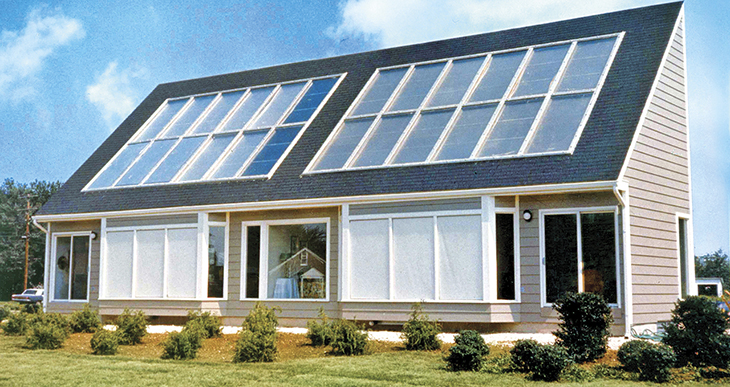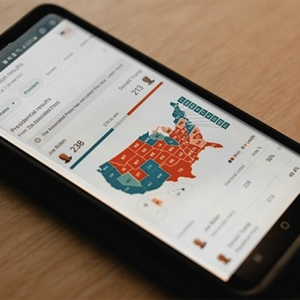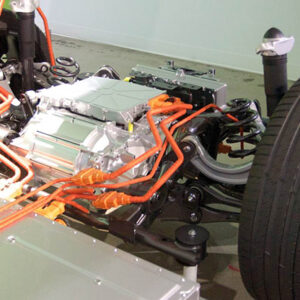
With the rising gas prices, people are also starting to feel the problems that come with inflation. It’s never easy to budget, and as much as you enjoy electricity at home, this takes a toll on your savings. Still, power is a must, and Delaware may have come up with the perfect solution.
Solar panels were once just reserved for those who had the budget to have these installed in their homes. The rich were able to enjoy all the comfort and luxury, but with this new incentive, low- and moderate-income homes can now have their very own solar panels as well.
The city has launched a new two-year pilot program this month. They have plans to bring the wonderful benefits of solar power to Delaware residents. Without this new program that they have, not too many homes will be able to afford installing this kind of green energy in their houses.
The Solar Pilot Program comes from the Delaware Department of Natural Resources and Environmental Control. They want to test out and see future expansion of photovoltaic systems and give them to the low- and moderate-income homes because, in reality, they have been underserved by their own country in terms of existing renewable energy assistance and tax credit programs.
Right now, those who belong to the lower brackets of society will be able to get an installation of up to 4 kilowatts. The best part is that this agreement comes with zero out-of-pocket costs. As for those who belong to the moderate brackets, this program is able to cover around 70 percent of the cost for something that goes as high as 6 kilowatts. This means that the residents just need to shell out the last 30 percent to have the panels fully installed.
“All the way from the governor’s office to the secretary, down to my level, we’re really excited about launching this program,” said Underwood, energy programs administrator in the Delaware Department of Natural Resources and Environmental Control (DNREC). He also said, “t allows us to offer residential solar to Delawareans who traditionally were not able to afford the upfront costs.”
In order to get their homes solar ready, the households who are considered low-income need to first apply through DNREC’s Weatherization Assistance Program (at 302-504-6111). This program assists renters and homeowners cut their energy bills by a significant amount.
Canary Media reported how low credit scores will not have an impact on their eligibility. They simply see the qualifications and make sure that they fall into that bracket if they rake in at or below 200 percent of the federal poverty guidelines. “For a family of three, a total income of $46,060 or less qualifies them for free solar. The thresholds for moderate-income families are the median incomes for different counties.”
“This is a chance for us to give people homes that reduce their electric bills from the energy-efficiency side as well as the renewable-energy side,” said Underwood.
Delaware’s pilot program is open of the is the latest ones that are able to bring solar power to low- and moderate-income families in around one dozen states, included on the list are Illionois, Massachusetts. And just last month, Virginia as well. This was according to Warren Leon, an executive director of the Clean Energy States Alliance.
“Those households aren’t saving as much as [they would] if they get a completely free system” such as in the Delaware program, Leon said. “But they’re still getting financial benefits.” Leon also touted Delaware’s new pilot “a good, logical first step.” He further explained, “What they’re doing is admirable. They’re taking concrete action and will be delivering real benefits to people.”
What moderate-income households should do is contact one of three approved solar contractors for the project: CMI Solar & Electric, KW Solar Solutions, and Clean Energy USA. Then, the homeowner mist choose one of the participating contractors. They then send the application that they filled out for the program to the agency in charge.
The experiences that will be recorded in the two-year pilot program by the DNREC Division of Climate, Coastal and Energy will then be utilized to allow them to develop and plan a statewide solar program.
“After the two years, then we can turn the faucet fully on,” shared Underwood.
What are your thoughts? Please comment below and share this news!
True Activist / Report a typo


